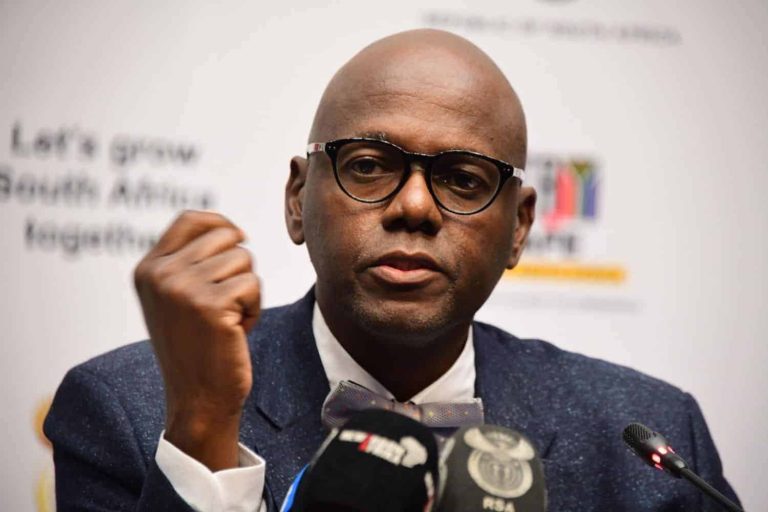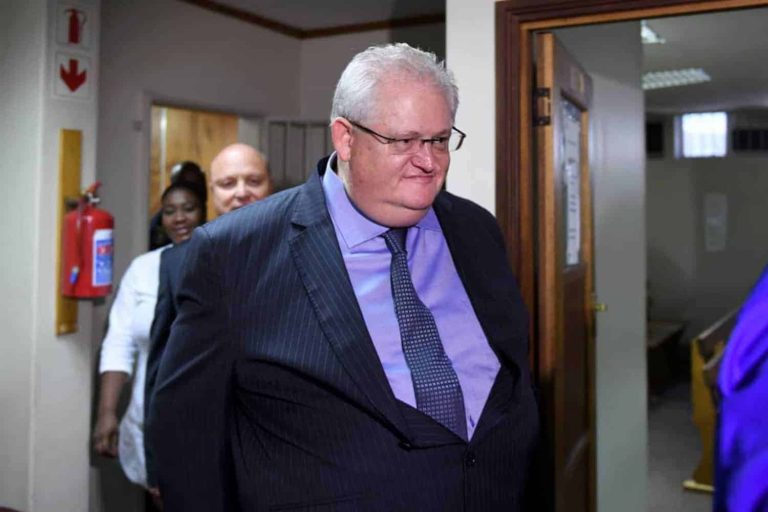
Israeli Prime Minister Benjamin Netanyahu appeared in court on Wednesday for the latest hearing in his ongoing corruption trial, a legal saga that has shadowed his political career since May 2020.
Arriving at the Tel Aviv District Court surrounded by several Likud party ministers, Netanyahu maintained a calm smile as protesters shouted slogans outside the courthouse, demanding accountability.
The hearing comes just days after U.S. President Donald Trump publicly called for Netanyahu to be pardoned, describing the charges as minor and politically motivated.
“Cigars and champagne — who the hell cares about that?” Trump quipped in an address to the Israeli Knesset on Monday, adding: “Why don’t you give him a pardon?”
Netanyahu, Israel’s longest-serving prime minister, faces three separate corruption cases.
In the most prominent, prosecutors allege that he and his wife, Sara Netanyahu, received over $260,000 worth of luxury gifts — including champagne, cigars, and jewellery — from wealthy businessmen in exchange for political favors.
In two additional cases, the prime minister is accused of seeking favorable media coverage from Israeli news outlets in return for regulatory benefits.
Netanyahu has denied all wrongdoing, insisting that the allegations are part of a politically driven witch hunt orchestrated by his rivals.
The renewed court appearance follows the return of hostages from Gaza under a U.S.-brokered peace initiative led by Trump — an event that briefly shifted focus from Netanyahu’s legal woes.
Since returning to office in late 2022, Netanyahu has faced mounting criticism over his judicial reform proposals, which opponents say are designed to weaken Israel’s courts and shield him from prosecution.
Those reforms triggered months of mass protests across Israel before being overshadowed by the Israel-Hamas war, which erupted after Hamas’s October 7, 2023 attack.
Netanyahu’s troubles are not confined to domestic courts. The International Criminal Court (ICC) has also issued an arrest warrant for him, citing alleged war crimes committed during Israel’s military campaign in Gaza.
Despite the legal and diplomatic pressures, Netanyahu remains a dominant figure in Israeli politics, holding the record for the longest tenure as prime minister — more than 18 years in total since first taking office in 1996.
As the Tel Aviv proceedings continue, the embattled leader faces a dual battle: defending his legacy in court while navigating the political fallout of one of Israel’s most turbulent eras.



